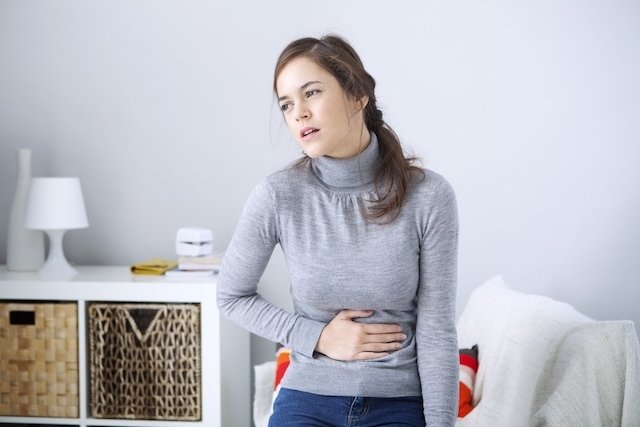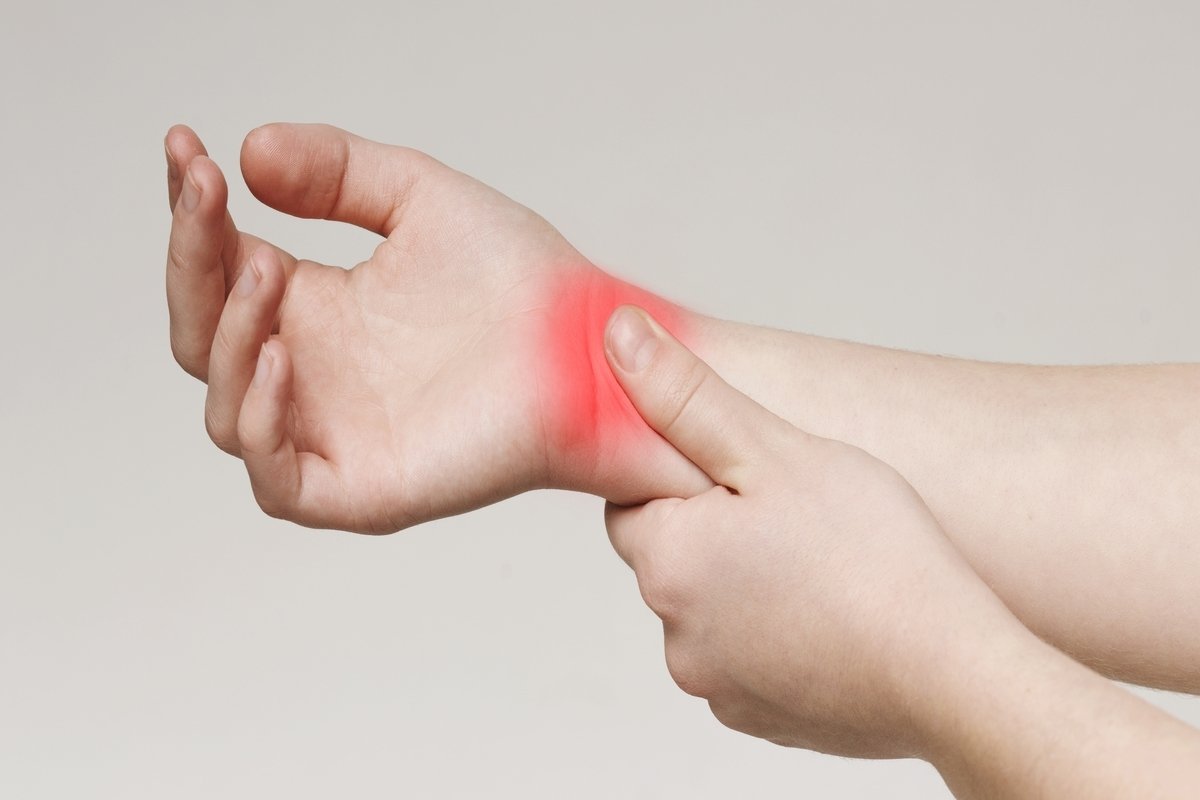Enanthematous gastritis: what it is, symptoms and how to treat it
Content:
Enanthematous gastritis, also known as enanthematous pangastritis, is an inflammation of the stomach wall that can be caused by an infection with the H. pylori bacteria , autoimmune diseases, excessive alcohol consumption, or frequent use of medications such as aspirin and other anti-inflammatory drugs. inflammatory drugs or corticosteroids.
Enanthematous gastritis is classified according to the affected region of the stomach and the severity of the inflammation. Antral enanthematous gastritis means that inflammation occurs at the end of the stomach, which can be mild, when the inflammation is still in its infancy, not causing much damage to the stomach, or moderate or severe when it causes more severe symptoms.

what are the symptoms
The symptoms of enanthematous gastritis, or pangastritis, usually appear after meals, and can last about 2 hours, and are:
- Pain and burning in the stomach;
- Heartburn;
- seasickness;
- Indigestion;
- Frequent gas and burping;
- Lack of appetite;
- Vomiting or retching;
- Headache and malaise.
In the constant presence of these symptoms or when the appearance of blood in the stools, one should seek the gastroenterologist.
The diagnosis of this type of gastritis is confirmed through an exam called endoscopy, through which the doctor can visualize the inside of the stomach, identifying the inflammation of the walls of the organ. In cases where the doctor identifies changes in the gastric mucosa, a tissue biopsy may be recommended. Understand how endoscopy is done and what happens in this exam .
How is the treatment done?
Treatment of enanthematous gastritis is only carried out in the presence of symptoms and when it is possible to know the cause of gastritis. Thus, the doctor may recommend the use of antacid medicines, such as Pepsamar or Mylanta, to decrease stomach acidity, or medicines that inhibit the production of acid in the stomach, such as omeprazole, for example.
If the disease is caused by H. pylori , the gastroenterologist may recommend the use of antibiotics, which should be used as directed by the doctor. The duration of treatment depends on the severity of the inflammation and the causes of gastritis, but in most cases, healing is achieved within a few weeks or months.
In addition, it is important to stop smoking and consuming alcoholic beverages, in addition to changing eating habits, avoiding fatty foods that irritate the intestines, such as pepper, red meat, bacon, sausage, sausage, fried foods, chocolate and caffeine, for example. . Check out in the following video how to eat for gastritis:
Enanthematous gastritis becomes cancer?
It is proven that when gastritis is caused by the bacteria H. Pylori in the stomach, you are 10 times more likely to develop cancer. This does not mean that all patients who have this bacterium will develop the disease, because there are many other factors involved, such as genetics, smoking, diet and other lifestyle habits. Know what to eat if you have gastritis caused by H. pylori .
Before gastritis becomes cancer, stomach tissue undergoes several changes that can be seen through endoscopy and biopsy. The first transformation is that of normal tissue for gastritis, which is transformed into chronic non-atrophic gastritis, atrophic gastritis, metaplasia, dysplasia, and only after that, it turns into cancer.
The best way to avoid it is to follow the treatment indicated by the doctor, stop smoking and have a proper diet. After controlling the symptoms, it may be indicated to return to the doctor in about 6 months to evaluate the stomach. If you still have not managed to control your stomach pain and bad digestion, you can use other medicines prescribed by your doctor until the gastritis is cured.
Leave a Reply
In order to leave comments, you need to log in




0 Comments